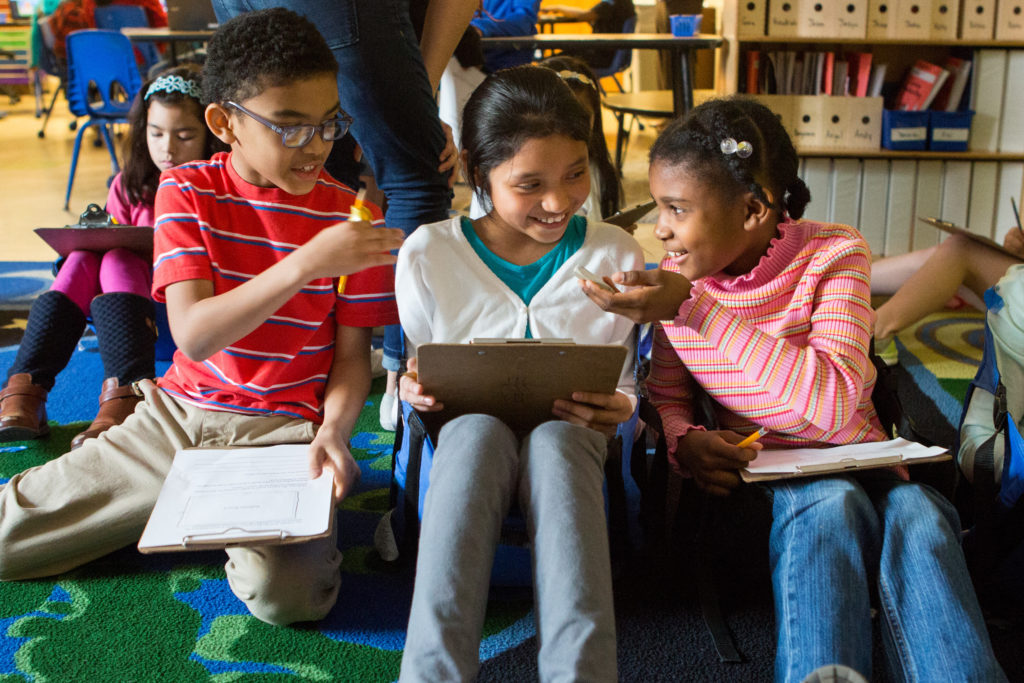Aunque tratemos de convencernos de que no es nuestro problema, permitir que un acosador lleve a cabo sus agresiones sin intervenir ni proteger a su víctima es contribuir a que, en un futuro próximo, el horror inicialmente concentrado en un solo objetivo se disperse en una nube de contagio incontenible, ocasionando a la comunidad consecuencias lamentables y letales.
El modus operandi de los acosadores contemporáneos es siempre el mismo: identificar a alguien mejor que ellos, podrirse de la rabia por ser incapaces de ser tan aptos como su víctima, y luego iniciar su campaña de infección subrepticia para acorralar la identidad del sujeto de su envidia y destruir su reputación, en un gesto hiperbólico de ensañamiento y alevosía.
El acosador es egoísta y sádico, pero también es un cobarde. La meta última de su crueldad es interrumpir el beneficio que la comunidad recibe por la participación de su víctima, porque es incapaz de dos tareas emocionales básicas: aceptar sus propias limitaciones (porque no puede hacer las cosas tan bien como el otro) y aceptar que el reconocimiento y el elogio fluyan naturalmente hacia alguien que lo supera en la práctica.
Entre las circunstancias que dificultan la erradicación del acoso está el uso del término “bullying”, un anglicismo que infantiliza la agresión y la relega a la esfera de los problemas del desarrollo, como si aislar socialmente a alguien o enviarle sugerencias de autolesión fuese lo mismo que la caída de los dientes de leche o aprender a usar desodorante. Un cambio necesario es llamar las cosas por su nombre: el acoso es un delito, y el acosador es un criminal.
Las herramientas de comunicación actuales como aplicaciones de mensajería instantánea o redes sociales multimedia han puesto en las manos de estos individuos mediocres la tecnología de difamación masiva que previamente era de uso exclusivo de los grandes medios, y permiten que la manufactura de consensos venenosos sea un poder que satisface ahora intereses mezquinos de personas mínimas, vulgares y vengativas, y ya no sólo de corporaciones o agencias estatales gigantescas.
Recientemente las noticias están cada vez más llenas de niños y jóvenes que mueren por suicidio ante la inacción de decenas de observadores pasivos que sólo sirven para compadecerse a una distancia segura, sedientos del pathos del que sufre y relamiéndose en el sopor del schadenfreude de presenciar la desgracia ajena, alentados por el silencio cómplice de las autoridades que están demasiado ocupadas escondiendo sus corrupciones como para actuar a tiempo.
Daniel Naroditsky fue la inspiración de muchos para ver en el ajedrez algo más que un ejercicio intelectual, porque les ayudaba a ver la belleza del juego y a apreciar su complejidad con un estilo amable y sencillo. Explicaba ideas arcanas de un modo didáctico y paciente, que hacía sentir a su público la esperanza de llegar a entender el juego con la misma pasión y comprensión que él. Luego de meses de acoso sistemático, de acusaciones infundadas de trampa, de usar las redes sociales como armas en su contra, el mundo sufre su ausencia súbita e injustificada.
Seamos el escudo de quien sufre. Denunciemos al acosador cuando nos confíe su maldad o nos haga testigos de su crueldad. Mandémoslo a la mierda cuando nos proponga unirnos a sus campañas de aislamiento. Que su falta de conciencia no signifique falta de consecuencia.
